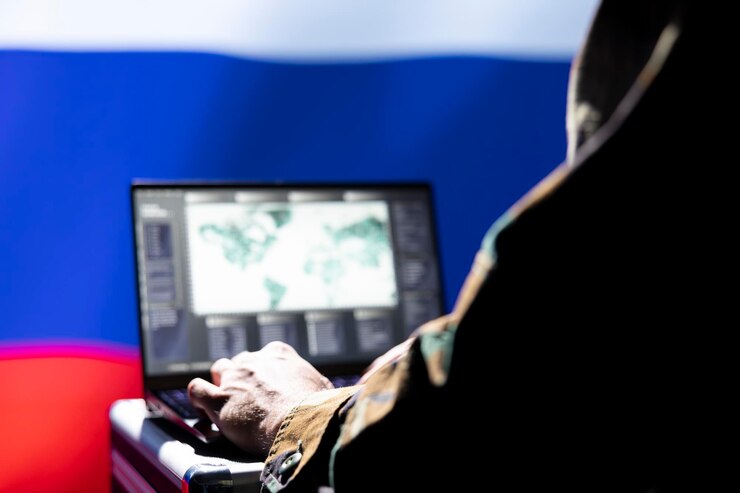As political systems across the globe become more digitally connected, cybersecurity is increasingly crucial to national security and the protection of democratic processes.Read More
In the modern political landscape, sensitive data, including intelligence reports, military operations, and diplomatic communications, are stored and transmitted digitally. This makes national governments prime targets for cyber-attacks. These attacks, often perpetrated by state-sponsored hackers or politically motivated groups, can cause significant damage by compromising national security, spreading misinformation, and disrupting critical political operations. One of the most visible examples is the cyber meddling in election processes. The infamous 2016 U.S. election, where foreign entities were accused of attempting to influence the outcome through hacking and disinformation campaigns, highlighted the vulnerability of political systems. Election tampering, hacking political party databases, and cyber-espionage have all become modern threats that could undermine the foundations of democracy. One of the core responsibilities of governments is to protect national security, which now extends into the digital realm. With the increasing sophistication of cyber-attacks, national governments must implement comprehensive cybersecurity measures. This includes protecting state data, securing critical infrastructure, and ensuring that defense systems are not compromised by cyber-attacks. Governments must also safeguard the integrity of their political systems, ensuring that election results are free from interference. A failure to do so can lead to public distrust in democratic institutions, creating a ripple effect that undermines the legitimacy of elected officials and even destabilizes the political system. In recent years, governments worldwide have turned their attention to ensuring the security of election systems, as these are prime targets for cyber-attacks. Cybersecurity solutions are critical for ensuring the integrity of voting machines, databases that store voter information, and systems that count ballots. Advanced encryption techniques and secure communication protocols have become essential to preventing unauthorized access and manipulation. Maintaining the confidence of the voting public is just as important. Citizens need to trust that their votes are counted accurately and that their personal data remains protected. Cybersecurity solutions, when effectively implemented, can ensure voter confidence by safeguarding the election process from malicious attacks. In addition to securing digital systems, governments must also focus on combatting cyber propaganda and the spread of misinformation. Social media platforms have become breeding grounds for disinformation campaigns, with malicious actors using these tools to sway public opinion and manipulate political discourse. Strong cybersecurity strategies should include cooperation with social media companies and international partners to track and neutralize these threats. By monitoring suspicious activities and working together to remove false information, governments can reduce the influence of cyber propaganda on their political systems. To safeguard national interests, cybersecurity must remain a top priority for governments around the world. This involves investing in cutting-edge technologies, training personnel, and collaborating with private sector experts to develop innovative solutions. Cybersecurity policies should be designed not just to react to threats but to anticipate and prevent them. In conclusion, the role of cybersecurity in modern politics cannot be overstated. Protecting election integrity, national data, and public confidence are essential to maintaining stable political systems. As cyber threats continue to evolve, so too must the strategies and technologies used to defend against them. Governments that prioritize cybersecurity will be better equipped to protect their national interests and ensure the future of democracy in the digital age.The Growing Cyber Threat to Politics
Protecting National Security and Data Integrity
Securing Election Systems and Voter Confidence
Combatting Misinformation and Cyber Propaganda
The Path Forward: Prioritizing Cybersecurity in Politics

The Role of Cybersecurity in Modern Politics: Safeguarding National Interests
As political systems across the globe become more digitally connected, cybersecurity is increasingly crucial to national security and the protection of democratic processes.Read More
